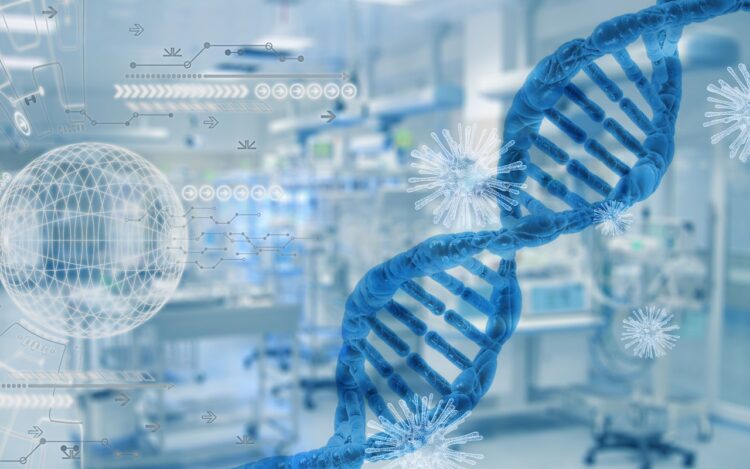The spike protein of the Covid virus and vaccines hinders the mechanisms through which DNA repair itself: mechanisms that are constantly at work in the human body to protect, among other things, from harmful mutations and cancer. After the Pfizergate exploded yesterday (the British Medical Journal article on chaotic vaccine tests), another fresh-from-the-press study introduces questions about Covid vaccines. Questions to which it really deserves to seek answers.
The study, released in MDPI, demonstrates how the spike protein hinders DNA repair and was carried out on cells in vitro, as the scientists say: in test tubes, as ordinary people would say. In test tubes, things do not always work exactly as they do in the human body: perhaps in the human body the obstacles to DNA repair induced by the spike protein do not occur, or perhaps they are very small. The authors of the study, in this regard, are not unbalanced in any way.
However, it would be nice if governments so eager to encourage vaccination to encourage (and maybe even finance) studies that can give us some certainty about it, given that anti Covid mNRA and viral vector vaccines induce the body to produce the spike protein to learn – let’s say – to recognize it and defend it, while the DNA repair mechanisms that the spike protein hinders are very important to keep us healthy: the consequences of their malfunction include, in addition to cancer, shortening of life and rapid aging.
In the current state of facts and information, it would appear that DNA repair mechanisms are hindered only in cells where the spike protein develops as a result of the virus or vaccine and only as long as the spike protein is present.
Vaccine-induced production of the spike protein is transient: but how long does it go on and how many cells does it affect? Here is another good question that you would like an answer to. And again: once the production of the spike protein has ceased and the obstacles to DNA repair that it causes have ceased, does the body succeed, or fail, to repair the DNA even where these repairs had not occurred due to the spike protein?
Also Read: 40% COVID-recovered Patients are having Post-COVID Symptoms, AIG Survey finds
